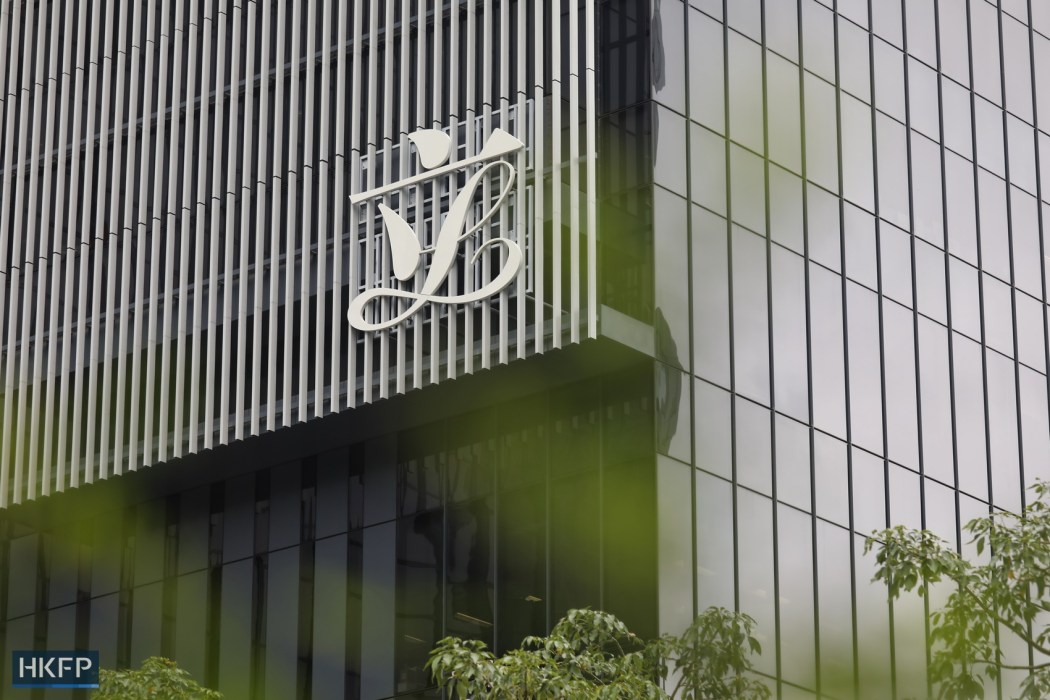Hong Kong’s Legislative Council still has heated debates and is not a “rubber stamp,” president of the legislature Andrew Leung said on Friday.

Speaking at a press conference summarising this year’s work, Leung defended lawmakers as reporters questioned the ability of the legislature – now composed almost entirely of pro-establishment figures – to monitor the government.
“Lawmakers ask very detailed questions [to government officers],” he said. “Sometimes the officials cannot answer their questions, causing the bills committees to have to extend [their meetings].
Under electoral reforms passed last year requiring political contenders to be “patriots,” pro-establishment figures swept into the legislature in a race that saw little of the colourful campaigning and rallies of years past, as well as record low turnout.
Just one member of the 90-seat Legislative Council, Tik Chi-yuen, identifies as non-pro-establishment, although he has been criticised by the pro-democracy camp who say his views align closer with the pro-establishment.

Leung said, however, that there was still a “spark” to debates.
“It’s not the case that every motion is passed unanimously – we have some motions that don’t pass,” he said.
The Legislative Council currently has 86 members, as four left their duties to join Chief Executive John Lee’s administration after he was elected unopposed to the leadership position. The city will hold by-elections to fill the four vacancies on Sunday.
‘Back on the right track’
The Legislative Council had pro-democracy lawmakers up until November 2020, when all democrats resigned in protest of the government’s ousting of four members. With a minority in the legislature, pro-democracy lawmakers often used filibustering tactics to delay legislative procedures.
In response to a reporter’s question about whether current-term lawmakers were still performing their duty of monitoring the government, Leung said: “Our ‘monitoring’ of the government is not as it was before, when [lawmakers] used different methods to disrupt the government’s policy making and stop meetings from starting.”

He added that the Legislative Council today was “back on the right track,” and that the form of “monitoring” lawmakers engaged in now was “helpful” rather than “destructive and damaging.”
Leung added that the legislature now was much more efficient, citing the passing of an amended copyright law bill last week. The law – which some say could lead to self-censorship – will extend copyright protection to works distributed by electronic means, with exemptions for “criticism, review, quotation, and reporting and commenting on current events.”
The government raised the bill to the Legislative Council for discussion in 2011 and 2014. “But because of certain lawmakers’ filibustering, the legal procedures could not be finished,” Leung said.
Criticism of media
Leung also criticised media outlets for not doing a thorough job in reporting on discussions and the passage of bills in the Legislative Council.
“We’re actually doing a lot of work in monitoring the government. But the media does not think it is very ‘juicy,’ so they don’t report on it,” he said.

Asked by a reporter how the lawmakers’ public recognition can be raised, as many new additions are relatively low-profile and unfamiliar to Hongkongers, Leung said if the media did more detailed reporting on the work of the legislature, then their visibility would increase.
He added that lawmakers were busy doing “practical things.”
“They are not trying to be famous. If they were trying to be famous, they wouldn’t be lawmakers,” Leung said.
Support HKFP | Policies & Ethics | Error/typo? | Contact Us | Newsletter | Transparency & Annual Report | Apps
Help safeguard press freedom & keep HKFP free for all readers by supporting our team

LATEST FROM HKFP
HKFP has an impartial stance, transparent funding, and balanced coverage guided by an Ethics Code and Corrections Policy.
Support press freedom & help us surpass 1,000 monthly Patrons: 100% independent, governed by an ethics code & not-for-profit.










